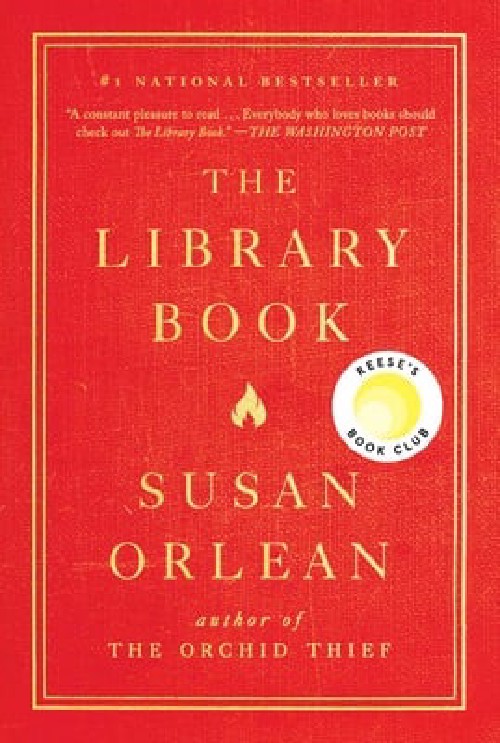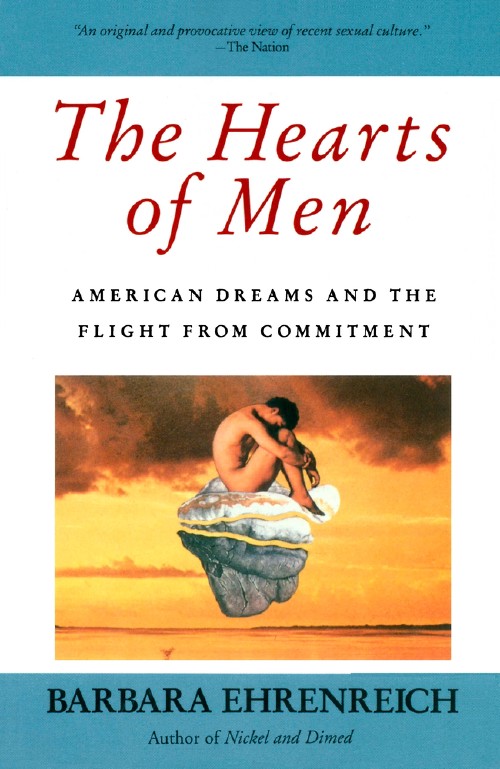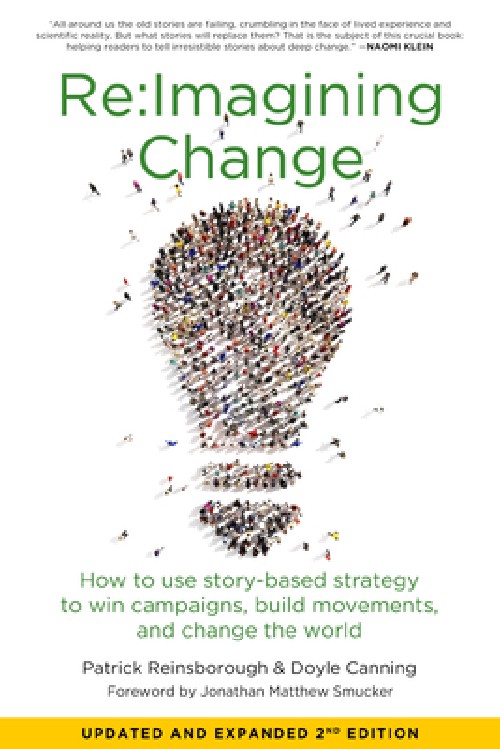The world I grew up in was suffused with god. Specifically, the Christian god that evangelicals describe and worship across the US and in other pockets of the world. It was the air I breathed for my first 25 years.
[Note: This post is not about my religious trauma, I promise. I am thinking about capitalism and better futures all the time these days, and that has led me to spend a lot of time trying to understand the current system so that I can potentially identify narratives or ideas that might help make it feel less stable. I want something better than what we’ve built, and I don’t know how we begin to shape that without understanding what we’re starting from.]
A key belief in evangelical circles (and in other Christian flavors as well) is God is in charge of the world. Not in charge like the President is “in charge” of America, where the president sets a vision and steers direction but is mostly ignorant of the inner workings of everything happening inside the country on a day-to-day basis. No, Christians believe in what feels like an impossible level of control by god; that they are deeply and actively controlling every single thing that happens in the universe. Not on earth, but everywhere.
This is one of those beliefs that is taken at face value by most Christians I have ever interacted with, including me when that label applied to me. It’s a wild-ass belief? Try for a second to see how much of your entire life you can hold in your mind. It’s not a lot; there is so much more happening just to you that you can’t perceive or keep in mind all at once, and so much that is outside of your control affecting you. That’s what it’s like to be an individual in a vast system. But the Christian belief is that the entire system is known by an entity that exists outside the system, while also having complete control over the system, including being able to affect the outcome of any possible interaction or event. Also, Christians are convinced that the entity that knows everything about the entire vast system is aware of them and cares about their needs? This belief system is completely irrational if you poke at it just a little bit, but it’s the default belief of millions of people.
Because of this belief, every single event that happens to any person who holds this belief system can be explained by god doing it. Good events; you get a raise or a promotion, it’s because of god. Bad events, you get fired or a flat tire or broken up with, it’s because of god.
I can’t stop mulling the impacts of this belief. If you believe that there is an omniscient being in control of everything, it significantly reduces the agency of every living creature. Not a one of us is actually freely able to make choices, we are all just left in a position of reactivity. None of us can change the world unless our plans align with god’s. There’s an all-powerful veto button that can be exercised by the tyrant whenever they desire. Also, Christians regularly explain illness and calamity as the result of god’s will or decisions, so there is this looming threat that if you displease god you will be fucked over, because there is no safety.
Looking at the implications of this belief could go in a few different directions, I think it colors so much of the world we live in today, but I am currently interested in one specific implication. To help it make sense, I need to dip into a bit of complex systems theory, as I understand it.
The simplest way I can approach this is that every system that humans create is a response to a previous system, and is always constrained by that previous system. Think of the creation of a building—a new house is a great example. Every single modern house is a complex system of materials, structure, and plans all interacting to create the final product. That final product is a unique thing, no building is identical to another down to the molecular level. But a house is also constrained by many factors; the site it is sitting on, the services available (water, electricity, sewage), and maybe most importantly the budget available to the builder. Each of these pre-existing complex systems constrains the possibilities for the house.
This also happens at much larger scales. Hurricanes—despite our desire to write them off as acts of god—are outputs of other systems, and their strength is dependent on the ocean water and air, the atmospheric conditions, and many other factors. But a hurricane can be extremely severe without causing a disaster; a disaster happens when the hurricane impacts humans and they are not prepared. Preparation for a calamity like a severe hurricane is a human planning issue, and if humans have built systems that are incapable of properly preparing for the foreseeable storms that may come, it’s not the hurricane’s fault that it created a disaster. It’s not god either; it was humans who designed the system and the things they decided to ignore may not turn out to be ignorable. Hurricane preparedness (or any sort of disaster preparedness) is thus constrained by the systems humans have built, and disasters are a result of those systems being shitty.
Perhaps a better framing is that every system humans create is informed by other existing systems. Pre-existing systems could constrain the new system, by limiting which possibilities are achievable in the new system. But they can also shape the new system by removing constraints that ought to be there.
I can think of a lot of examples for this too; it’s kind of what capitalism is good for. Take self-driving cars, for instance. Elon and the leadership of Tesla have built up a hugely profitable company by making claims that self-driving cars are right around the corner. They have done this by proclaiming the safety of self-driving (compared to humans who can make mistakes). They released self-driving features. They were able to do this because the American auto regulatory system assumes good intentions on the part of auto manufacturers. Our regulatory system assumes safety until proven otherwise. Which is how Elon got rich while building the most dangerous car company in the US. Tesla figured out that there are effectively no consequences to building a brand on lying and offloading risk onto their customers, and they leaned into it.
This happens all the time under capitalism; frictions or boundaries that should exist are removed because it’s far more profitable to move fast and break shit.
Lately this theory keeps swirling in my mind and I can’t let it go. I think that capitalism works this way because it was developed as a response to the previous system; not feudalism, as is often told, but Christianity, and its omniscient god.
I should be clear right now; this idea is filling my head in part because I’m reading Caliban and the Witch by Sylvia Federici and her core thesis is that early capital accumulation started with the medieval witch hunts, which were a process of subjugating women to be domestic caretakers, so that men could be freely available for waged labor. This is a terribly summary of an excellent book, please go read it yourself.
Federici’s thesis has been very useful to think with, because it’s helped me start asking generative questions about the shape of capitalism, the histories where those shapes become clear, and what else might have factored in.
Which is how I came up with this working theory: Capitalism is premised on eternal growth, because it was developed under a belief system that had no natural constraints. Maybe I am the last person to get here and this is well known as a theory. Part of why I’m posting this is hopefully someone will be like, oh you clearly haven’t read [insert book or person here]. That’d be a lovely outcome.
There’s also the possibility that this is a novel theory. That would be a little bit wilder; I’m quite used to “discovering” ideas that many others have long ago arrived at and written extensively on. Anyways, regarding the theory, it’s not that complex, but it feels generative in the ways it changes what I see about capitalism. Here’s my summary.
Christians have long believed that the world is controlled by god. There are so many places in history where people in power who also claim Christianity as their religion explicitly connect the dots that if god is in charge of everything, and nothing can happen without their allowing it to happen, then whatever that person does is acceptable to god if they succeed. It’s a beautifully syllogistic logic that is premised on bullshit. It’s also long been called bullshit by many many humans who could see that institutional Christianity functions much better as a defense of power and a people controlling mechanism, than a generative practices for mystery and love.
Which is why there was vast resistance to Christianity across Europe for centuries. Millions of people actively resisted accepting a belief system that denied them full agency and freedom. In Caliban and the Witch, Federici documents how the adoption of Christianity was not bottom up (people voluntarily choosing it) but top down, mandated, enforced via state institutions, mercenary actions, and rich people actively working to build a world that suited them. They wanted to be comfortable and rich, and they had a belief system that told them success in their goals was the equivalent of god blessing it.
The even more sinister implication of my theory is that the rules of capitalism are premised on a false understanding of the world. If you operate in the belief system of christianity, then the only limit that is worth acknowledging is god. Every other “limit” is meaningless. If god wants the limit to disappear, they will remove it. Out of wine? Just use water. Have thousands of hungry people? Grab 5 loaves and 2 fish or whatever, the food will just keep coming until everyone has had their fill.
The belief that god is completely in control of the universe implies that all natural laws are actually just contingent rules, that all systems don’t actually work the way they seem to work, that nothing is real except that which we believe to real. The implication of a single entity having full power over everything in the universe is that everything in the universe follows no actual laws, there is no true causality or expected outcome to any chain of events, because at any moment the omniscient entity can intervene and shape the events to their will.
That was the ground that existed. And now we’ve built up an entire world-controlling system on that ground.
Capitalism is, very literally, a system that assumes growth is eternal. States are built on the assumption that population will always increase and tax revenue will always grow. Companies are organized with legal requirements to grow and increase profits. This belief that growth is always possible, always good, and always needed is everywhere under capitalism (and quite well documented in analysis).
I’m now pretty convinced that the assumption that growth is always possible was a response to the systems that existed prior to capitalism, and specifically was built on this underlying expectation that if any future a human sets out to achieve is “bad,” then god would intervene to stop it.
That’s a pretty massive assumption about the world, about the existence of god. It does not align with history whatsoever; lots of terrible shit has happened around the world and it’s pretty obviously terrible well before the shit ends, via whatever means (war, bankruptcy, assassination, etc etc).
I think what’s been useful for me lately in thinking about this is seeing how pervasive this assumption still is. I enjoy identifying load-bearing assumptions like this because they are ripe for challenging. If capitalism is god-haunted in this way, and the trends are that beliefs in god are rapidly shifting at a civilizational level, we have a chance of connecting the dots. Of telling different stories that align capitalism with god, or specifically the christian god (who, i repeat, is an utter asshole, as described by god’s adherents).
Ok, I have no solid conclusion here. This is my burgeoning theory. It’s probably wrong in really interesting ways, but there’s hopefully some truth in there as well. I’m writing it out because ultimately I’m interested in better futures, and I’d really like to contribute to the work to making them possible.



